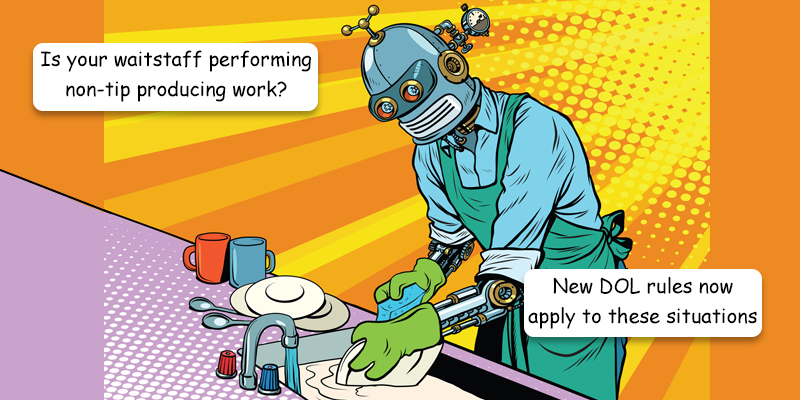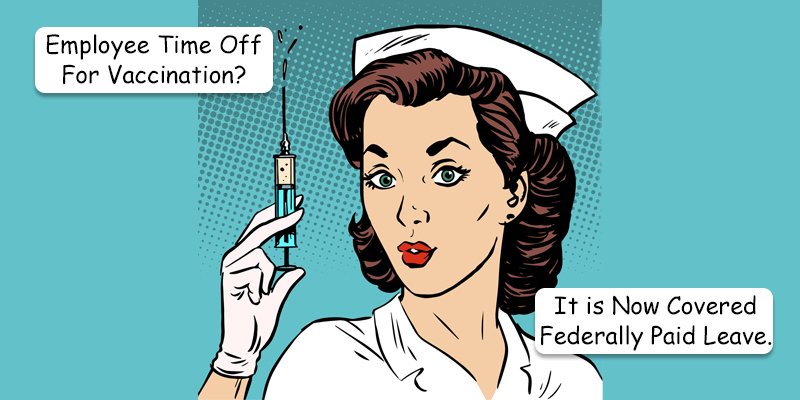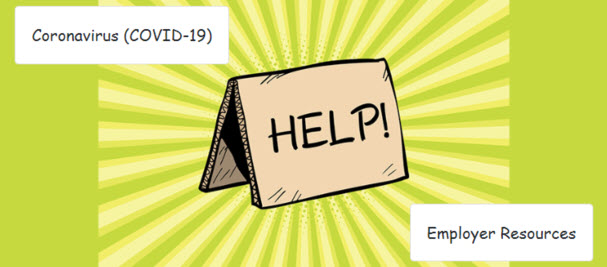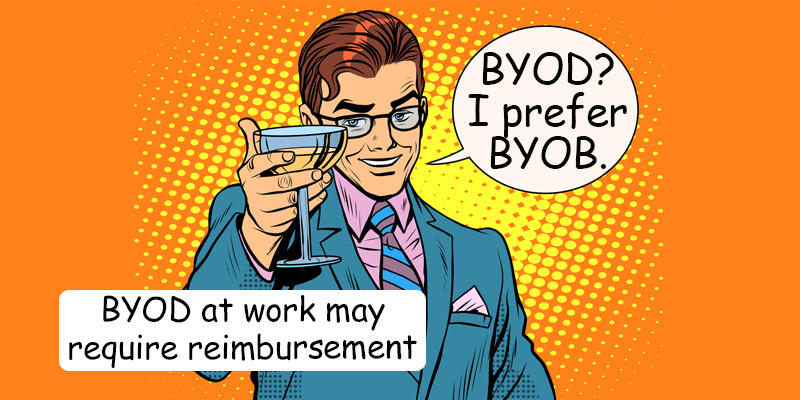Overtime. It is a subject that you may think you know well, but do you? It is not always a simple matter of paying the employee “time and a half” for any hours worked in excess of 40 hours in a workweek. There is much more to take into consideration, and while this article is not intended to cover every scenario out there, we will touch a number of bases. What we will not cover, this time around, is who may be exempt from overtime. Let’s start with the federal law, where the overtime provisions are contained in the Fair…
Posts published in “FLSA”
While the Federal minimum wage remains at $7.25 per hour, 27 states and many cities, counties and locals have set increases effective January 1st, 2022 with a few announcing a change during 2022. Many states continue their path to $15.00 per hour and you will now find places in Washington state that have a minimum wage over $17.00 per hour. A list of each state/local, along with the new hourly rate is listed below. Any state that does not have a minimum wage change scheduled is not listed. All rates are effective January 1st, 2022 unless otherwise noted. Alaska: $10.34 Arizona: $12.80…
On October 28, 2021, the U.S. Department of Labor (DOL) issued a Final Rule, which takes effect on December 28, 2021; it is extremely important for businesses that pay the lower “tipped minimum wage” to take notice. In this final rule, the DOL finalizes its proposal to withdraw one portion of the Tip Regulations Under the Fair Labor Standards Act (FLSA 2020 Tip Final Rule) and finalize its proposed revisions related to the determination of when a tipped employee is employed in dual jobs under the Fair Labor Standards Act of 1938. Specifically, the Department of Labor is amending its…
The Families First Coronavirus Response Act (FFCRA) was the first COVID-19 Act passed by Congress on March 18, 2020. Back then, the belief was that COVID-19 would be a short-lived inconvenience where an employee may need to take a couple weeks off from work, and this Act was to allow them that benefit without cost to the employer. Here we are, a year later, still feeling the effects. The Consolidated Appropriations Act (CAA) 2021, passed on December 27, 2020, extended this federal paid leave until March 31, 2021, and we now find further extension and expansion in the recently-passed American…
With the passage of the Families First Coronavirus Response Act, two new refundable payroll tax credits are available to employers with fewer than 500 employees. These refundable credits are designed to fully reimburse them, dollar-for-dollar, for the cost of providing Coronavirus-related leave to their employees. The Act allows two paid leaves for the employee’s own health needs or the care of family members. This will enable employers to keep their employees on payroll and ensure that employees are not forced to choose between their paycheck and the public wellbeing. Emergency Paid Sick Leave Companies with fewer than 500 employees,…
There are many times when an employee may need to travel for business-related purposes. The latter span can include something brief, like a trip to the bank, or a cross-country flight for a business conference and depending upon the circumstances, it can be compensable time. I think the best way to tackle this is to take a look at examples as to what is and what is not: What is NOT compensable Home to work/Work to home (aka commuting) – An employee who travels from home before the regular workday and returns to his/her home at the end of the…
With 75% of all child support collected through income withholding by employers, if you have handled payroll for any minimal amount of time, you have most likely needed to comply with a support order. They are long multipage documents with many pitfalls in regards to the proper handling of them. They should not be taken lightly as they are court ordered mandates, and failure to comply properly could mean fines, penalties, liability for the amount of the child support or even U.S. Department of Labor wage and hour violations. Even if the order comes from a court in another state,…
If you have an employee who drives their personal vehicle for a work related matter, it is the norm to reimburse the employee for the business-related use. It is a straight forward calculation by taking into consideration how many miles the person drove and multiplying it by a rate. The IRS even publishes a standard mileage rate of .58 cents per mile (2019). But what if that employee uses their mobile personal device (aka cell phone) in a Bring Your Own Device (BYOD) workplace? As employers implement paperless, streamlined, and automated solutions to their work environment, we are finding that…
I have previously written about how to pay, when to pay, and even the method to pay employees, so now let’s look at what needs to be provided to an employee with their check (their pay stub). Similar to my last article about when a final check is due to a separated employee, there is no Federal law which means the power to dictate is in the hands of each state. This certainly can become confusing to a company who operates in multiple states, and the best practice here is to comply with the state that has the most requirements. We will…
With the exception of four states (Alabama, Florida, Georgia, and Mississippi), each state has specific laws regarding the issuance of a final paycheck to a separated employee. Many states differentiate whether the employee was separated voluntarily or involuntarily, and the timing ranges from “immediately” (yes, this means the same day the employee is terminated) to the next scheduled payday, so I have put together this table for quick and easy reference. Each state has penalties for violation of the final check rule, so be sure you know what is required. A state such as California will enforce the employer to…










